If Labor’s reshuffle will be enough to correct the party’s woeful policy agenda and reconnect with mainstream Australians remains to be seen.
The most significant change is the removal of Mark Butler from the climate change and energy portfolio, a position he has maintained through two election defeats, the most recent of which was supposedly the ‘climate election’.
In the early 1970s, Kim Beazley Sr famously said, “When I joined the Labor Party, it contained the cream of the working class. But as I look about me now, all I see are the dregs of the middle class.”
This problem has become even more prevalent within the ALP, which has turned its back on working-class Australians in favour of an economically and culturally destructive policy platform focused on climate alarmism and identity politics.
Mainstream Australians, in return, have turned their backs on Labor. In nine of the past 13 elections, Labor’s primary vote was lower than in the election before, and in 2019 they won just 33.3% of the primary vote, the lowest share in the party’s history.
Anthony Albanese is hoping to reverse this structural decline at the next election, widely expected to be held in the second half of the year. The primary aim of the portfolio reshuffle was to remove Mark Butler from the climate portfolio in an effort to improve Labor’s credentials with mainstream Australians who worried about the impact of climate policies on their livelihoods.
According to union-commissioned polling reported in The Australian on 18 January, Labor’s primary vote has dropped to 28% and 30% in the Shortland and Paterson electorates, respectively. In these Hunter Valley seats Labor are more popular with higher income earners, with lower income earners flocking to the Liberals.
It will take more than a reshuffle to improve Labor’s prospects, however. Both climate and superannuation policy are representative of a deeper problem within the ALP.
When Labor’s Paul Keating implemented compulsory super, he acknowledged that contributions would come out of workers’ wages. In fact, that was the entire premise of the scheme, which was agreed to with the ACTU to allow for wage increases without creating inflationary pressure.
And when the Labor government passed legislation to increase the contribution rate in 2010, then-assistant treasurer Bill Shorten said “it’s wages, not profits, that will fund super increases in the next few years. Wages are the seedbed of the whole operation.”
Labor politicians understand that super is paid by workers, but to appease their friends in industry super funds they’ve discarded their base. Jim Chalmers, the shadow treasurer, has said it is “absolutely critical” that the legislated increase in the contribution rate goes ahead later this year. If it does, super funds will happily accept the transfer of wealth from working people whose wages will be further eroded.
In response to the economic fallout caused by the lockdown-induced recession, the government implemented an early access scheme where those who saw a 20% or larger drop in wages could withdraw up to $20,000 from their super.
Granting this modicum of control to Australians in the midst of the greatest employment crisis in a generation was too much for Labor. In August last year, Stephen Jones, the shadow assistant treasurer said that young Australians who decided to withdraw their money from the scheme would later reflect that it was “as dumb as the introduction of cane toads in Australia.”
Contrary to Jones’ claim, 3.4 million Australians voted with their feet and accessed their own money. Perhaps that’s why Labor have been so disparaging of the scheme; they appear to have no place for policies that are popular with mainstream Australians.
This is certainly the case with Labor’s climate policy – the dead horse which has been flogged in the last three elections. Bill Shorten’s refusal to explain the costs of the ALP’s climate policies in the lead up to the 2019 election was instrumental to the historically low primary vote his party received.
The Coalition deserve some credit for holding the line on the dangerous net-zero by 2050 carbon emissions target in the face of enormous international pressure, but it’s an open question how long their resolve will last. It’s worth remembering that the Coalition signed Australia up to both the Kyoto Protocol and Paris Agreement.
Although their less-destructive climate policy was a contributing factor to the 2019 election win, the Coalition have no plan to address the structural issues with super. So far, all the government has offered is a delayed increase in the contribution rate, and rumours that they may only increase the compulsory rate to 10% and allow workers the option of taking further increases as wages.
When Joel Fitzgibbon resigned from the Labor front bench over climate policy last year, he issued a stern warning to his colleagues: “If we don’t get back to our traditional base, putting the labour back into the Labor Party… we’ve not got a hope in Hades of winning an election.”
Fitzgibbon’s warning applies to both major parties. There is a growing voter pool who are dissatisfied with the political class’s disinterest in offering policies that will benefit them. But they will reward the party that offers them a positive and aspirational vision for the future of Australia.
Cian Hussey is a Research Fellow at the Institute of Public Affairs. Join as a member at www.ipa.org.au.
Got something to add? Join the discussion and comment below.
Get 10 issues for just $10
Subscribe to The Spectator Australia today for the next 10 magazine issues, plus full online access, for just $10.

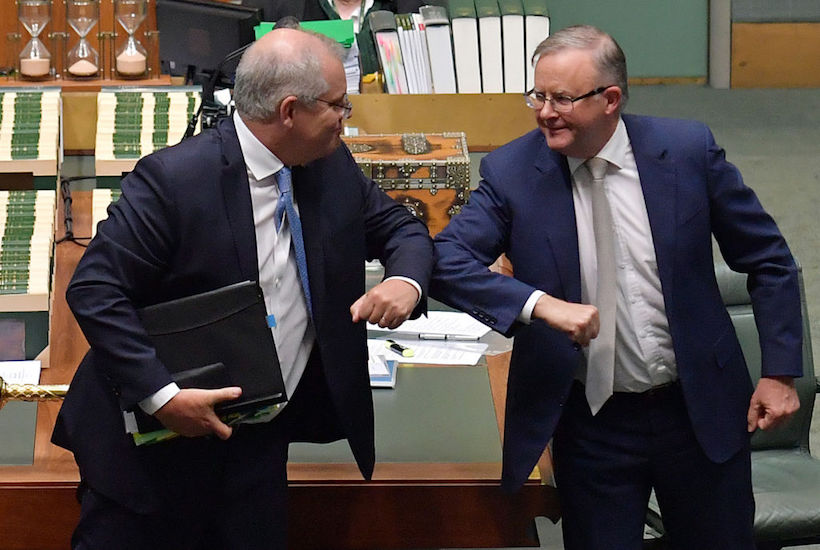
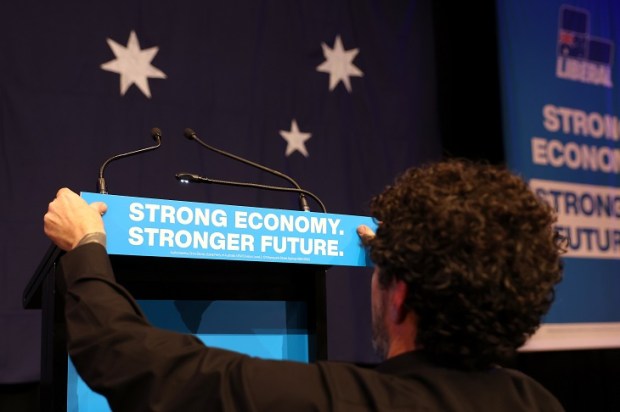
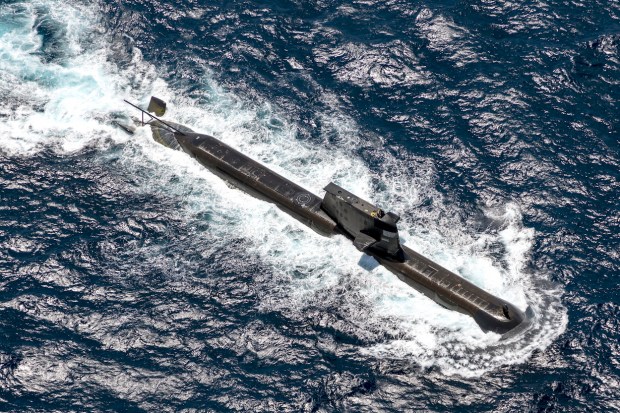
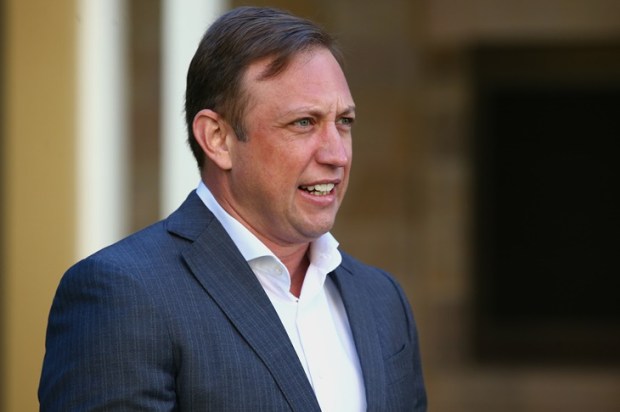
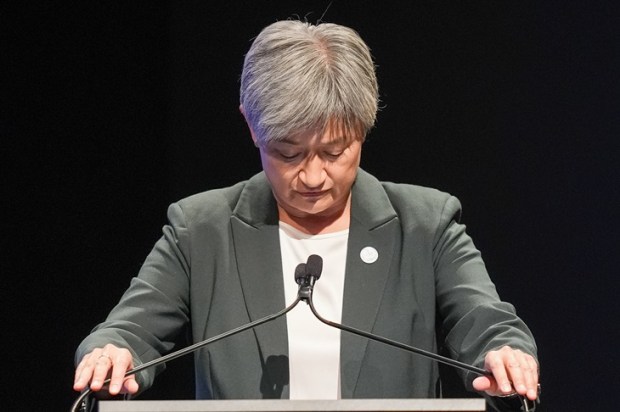
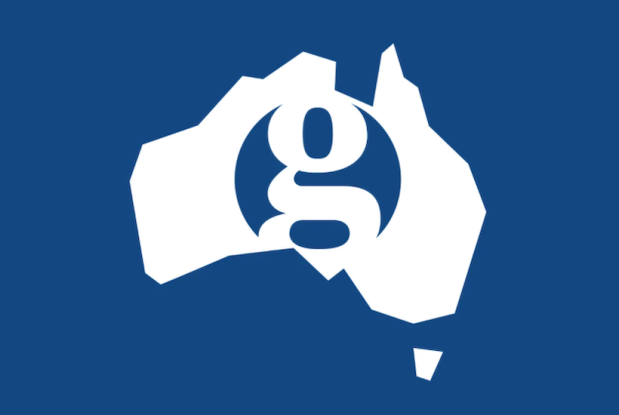



















Comments
Don't miss out
Join the conversation with other Spectator Australia readers. Subscribe to leave a comment.
SUBSCRIBEAlready a subscriber? Log in